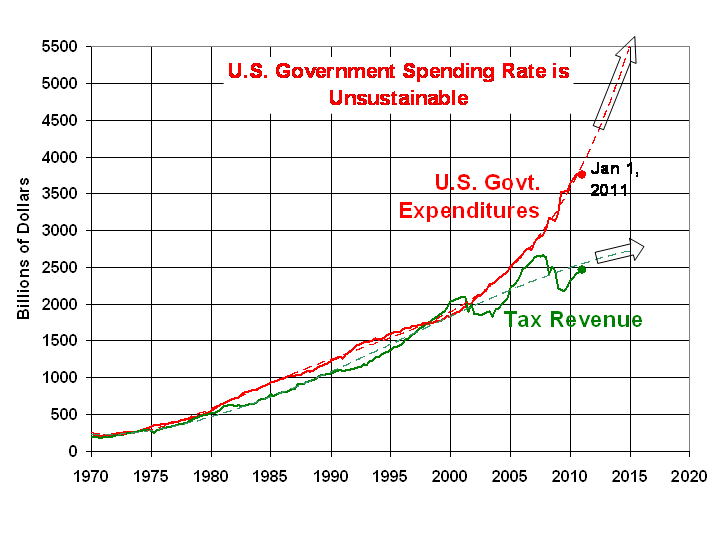Right, rarely if ever does a tax increase, or cut, result in a 1:1 revenue gain or loss based upon the straight percentage of the hike/cut. But as a general rule hikes raise revenue and cuts reduce revenue. There always has to be a balance.
I don't think it would hurt the economy much to erase the top Bush tax cuts now, or better yet, do a temporary surtax on even higher income as Democrats have proposed. Bigger hikes should wait until the recovery is more solid. And ceratainly the debt problem has to be addressed from both the revenue AND spending sides. We have both revenue and spending problems.
I think if we initiate an isolated tax increase there will be an effort to create uncertainty that will then plague those lower down the rungs. We will see a general "tightening of the purse strings" from those in the 99, 85, 50% classifications as they worry that the rich being required to pay more will "trickle down" to more lost jobs or wages which remain stagnant for the next several years. It will slow economic growth and stall the recession as people begin to worry that these "losses" will be passed down the line and affect the "middle class".
Whether the concerns are legitmate or fed by the uber rich trying to protect their own asses will be irrelevant. Right now, I think we need to focus on spending and debt reduction. I think we need to make sure that everything we've done is all that can be done to reduce our spending and get the government back on track to fiscal responsibility. After we've taken spending as low as we can safely take it we can discuss raising taxes, but if and only if we're seeing economic growth on par with a "healthy" or "recovering" economy. We need to stop creating policies and operating in a manner that breeds uncertainty with the largest block of consumers in the country: the middle class. That means we stop these short-term, nonsense "compromise" solutions and start creating long-term legislation, and we need to stop constantly reminding the middle class that they're under threat of extinction.
If nothing else, the struggles we face will be half procedural and half propaganda. We're reaping what we've sown with the scare tactics and fear-mongering, as well as with the partisan bickering and "down to the wire" tactics of negotiating that result in solutions that only comfort families for 8 weeks before they have to begin stressing all over again....and that's something both sides of the aisle have a hand in.
You know, people mocked Bush for going out and telling people to go shopping when the economy dipped after 9/11. But that encouragement, that "it's really okay, don't worry" mentality is probably
more beneficial than constantly filling people's heads with doom and gloom and "we have to, we must, we can't sustain" demands on the shoulders of ANY tax payer. Even if it's the very, very rich, and them alone, telling the populace that we can't sustain unless we demand more from tax payers will worry people. How can you not see them talking about the top 1%, 5%, 10% of earners and not think "and what if that's not enough?".
I think we need to change the approach, in short.


